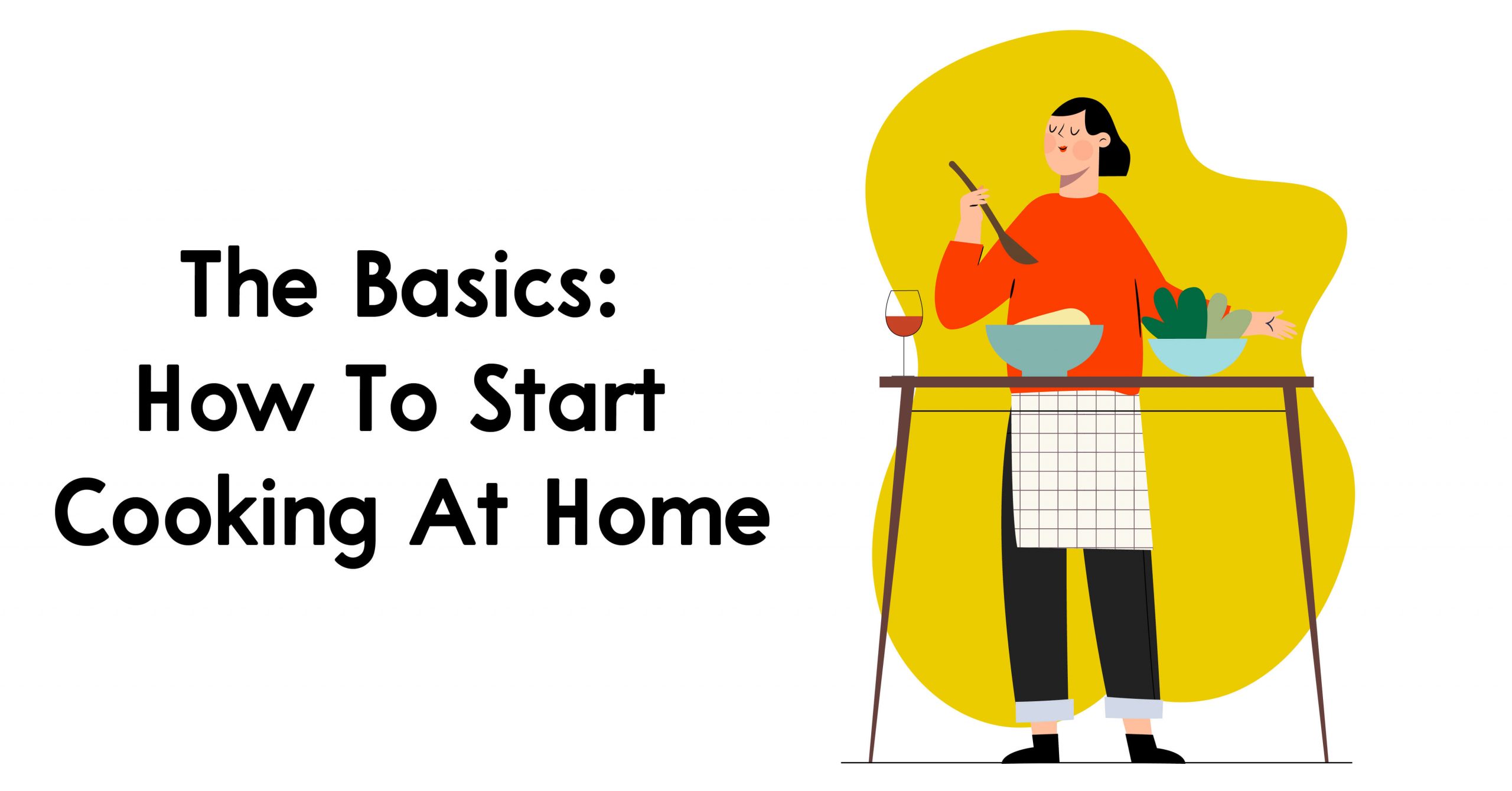Cooking roasted vegetables is a great way to make a healthy, hearty meal. But what do you do if you have leftovers? Can you reheat roasted vegetables? Yes, you can – and there are several ways to do it.
Some of the best ways to reheat roasted vegetables include the oven, the air fryer, the grill, and the stovetop.

Can I Reheat Roasted Vegetables?
Roasting vegetables is a great way to bring out their natural flavors. However, sometimes you may find yourself with leftovers.
Can you simply reheat roasted vegetables, or do they need to be cooked again from scratch? The answer depends on the vegetables in question.
Root vegetables like potatoes and carrots will hold up well to reheating, and can even be eaten cold. However, Other vegetables like broccoli and brussels sprouts can become mushy when reheated. If you do choose to reheat them, it’s best to do so quickly and at a high temperature.
Ultimately, it’s up to you whether you want to chance it with reheated roasted vegetables or start from scratch.
How Many Times Can You Reheat Roasted Vegetables?
Reheating roasted vegetables more than 3 or 4 times will cause them to deteriorate in quality and become mushy. This is because the natural sugars in the vegetables begin to break down, causing them to lose their crispness.

Additionally, the vegetables will continue to cook each time you reheat them, further reducing their quality.
If you want to maximize the number of times you can reheat your vegetables, make sure to roast them properly the first time. This means not overcooking them, as this will make them more difficult to reheat without making them mushy.
Once you have roasted your vegetables properly, you should be able to reheat them 2-3 times without affecting their quality too much.
How Do I Reheat Roasted Vegetables?
There are a few different ways that you can reheat your roasted vegetables, including:
1. Microwave
Roasted vegetables are a healthy and delicious side dish that can be enjoyed all year round. However, they can sometimes be difficult to reheat without losing their flavor or texture. One way to reheat roasted vegetables is in the microwave.
First, evenly arrange the vegetables on a plate. Then, add a few tablespoons of water to the plate and cover it with plastic wrap. Microwave on high for two to three minutes, or until the vegetables are heated through.
Be careful not to overcook the vegetables, as this can cause them to become mushy. For best results, reheat roasted vegetables in the microwave just before you are ready to serve them.
2. Oven

Roasting vegetables is a great way to bring out their natural flavors. However, sometimes you may find that you have leftovers that you need to reheat. Reheating roasted vegetables in the oven is easy and only takes a few minutes.
First, preheat the oven to 350 degrees Fahrenheit. Next, spread the vegetables in an even layer on a baking sheet. Make sure that they are not crowded, as this will prevents them from reheating evenly. Finally, bake the vegetables for 5-10 minutes, or until they are heated through.
Once they are out of the oven, you can enjoy your delicious roasted vegetables all over again.
3. Stovetop
Roasting vegetables is a great way to bring out their natural flavors. However, leftover roasted vegetables can often be dry and bland. If you find yourself in this situation, don’t despair! Reheating roasted vegetables on the stove is a quick and easy way to get them back to their original deliciousness.
First, add a little bit of water or vegetable broth to a skillet and heat it over medium heat. Then, add the roasted vegetables and cook them for a few minutes until they are heated through. Be sure to stir frequently so that they don’t stick to the pan.
And that’s it! You’ll have delicious, perfectly reheated roasted vegetables in no time at all.
4. Air Fryer
There are a few different ways to reheat roasted vegetables in the air fryer.
The first is to simply add them back into the air fryer basket and cook them at a low temperature for a few minutes. This will help to crisp up the vegetables without overcooking them.

Another option is to reheat the vegetables in a pan on the stove. Simply add a little oil to the pan and heat it over medium heat. Then, add the vegetables and cook them until they are heated through.
Lastly, you can also reheat roasted vegetables in the microwave. Simply place them in a microwave-safe dish and heat them on high for 1-2 minutes.
No matter which method you choose, be sure to keep an eye on the vegetables so that they do not overcook.
5. Grill
Roasted vegetables are a healthy and delicious option for any meal. However, if you’re short on time, you may be wondering how to reheat them quickly and easily. The good news is that the grill is an excellent choice for reheating roasted vegetables.
Simply preheat your grill to medium-high heat, then add the vegetables and cook for 3-5 minutes, or until heated through. Be sure to watch the vegetables carefully, as they can burn easily.
Once heated, remove from the grill and enjoy.
How Can I Tell If My Roasted Vegetables are Bad to Eat?
When trying to determine if your roasted vegetables have gone bad, there are a few signs to look for.
The first is mold. If you see any mold on the vegetables, it is best to discard them as they will only continue to deteriorate.

Another sign of bad roasted vegetables is a color change. If the vegetables are no longer their original color, this is an indication that they have gone bad and should be thrown out.
Finally, if the roasted vegetables have a sour or unpleasant odor, it is best to throw them out as this is an indication that they are no longer safe to eat.
If you are unsure whether or not your roasted vegetables are still good to eat, it is always better to err on the side of caution and discard them rather than risk illness by consuming bad roasted vegetables.
Additionally, if you do find that your roasted vegetables have gone bad, do not attempt to reheat them as this will not make them safe to consume.
Related Questions
What temperature is best for roasting vegetables?
Cooking at too high of a temperature can cause the vegetables to dry out or even burn while cooking at too low of a temperature can result in soggy, undercooked veggies.
The best temperature for roasting vegetables is 400 degrees Fahrenheit. This temperature will help to cook the vegetables evenly, preventing them from drying out or burning.
In addition, it will help to bring out the natural flavors of the vegetables. As a result, dishes prepared with roasted vegetables are sure to be both flavorful and enjoyable.
What is the best oil to use for roasting vegetables?
While any type of oil can be used, some work better than others. Olive oil, avocado oil, and coconut oil are all good choices for roasting vegetables. Each has its own distinct flavor that can enhance the taste of the vegetables.

In addition, all three oils have a high smoke point, meaning they can be heated to a high temperature without burning. This is important when roasting vegetables, as it helps to ensure that they cook evenly.
When choosing an oil for roasting vegetables, it is important to consider both the flavor and the smoke point. Oil with a higher smoke point will be less likely to burn and will help to ensure that the vegetables cook evenly.
Do you salt veggies before roasting?
When it comes to roasting vegetables, there is no hard and fast rule about whether or not to salt them beforehand.
Some people believe that salting helps to bring out the natural flavors of the vegetables, while others find that it makes the vegetables taste too salty. If you do choose to salt your vegetables, be sure to do so judiciously, as too much salt can ruin an otherwise delicious dish.
Ultimately, the decision of whether or not to salt your vegetables is a matter of personal preference, so experiment until you find what works best for you.
Conclusion
Reheating roasted vegetables is a quick and easy process. Simply choose your preferred method and follow the instructions. Be sure to keep an eye on the vegetables so that they do not overcook.
If you are unsure whether or not your roasted vegetables are still good to eat, it is always better to err on the side of caution and discard them rather than risk illness by consuming bad roasted vegetables.







